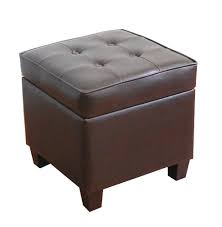Ottoman
英 [ˈɒt.ə.mən]
美 [ˈɑː.t̬ə.mən]
- adj. 土耳其人的;土耳其民族的;土耳其帝国的(等于Turkish)
- n. 土耳其人
星级词汇:

中文词源
ottoman 褥榻,箱式凳
来自Ottoman,奥斯曼土耳其帝国,来自其创建者Osman I.后该词用于指一种箱式凳,即土耳其风格的坐凳。
英语词源
- Ottoman
- 1580s (n.), c. 1600 (adj.), from French Ottoman, from Italian Ottomano, from Arabic 'Uthmani "of or belonging to 'Uthman," Arabic masc. proper name, which in Turkish is pronounced Othman (see Osmanli), name of the founder of the dynasty and empire. Ending altered in Italian by formation of a new false singular, because -i was a plural inflection in Italian. Byron used the more correct form Othman, and a few writers have followed him. The type of couch so called (1806) because one reclined on it, which was associated with Eastern customs (see couch).
权威例句
- 1. This army distinguished itself in campaigns against the Ottoman Turks in 1821 - 23.
- 这支军队在1821--1823年对奥斯曼土耳其人的战斗中显露头角.
- 2. She sits down on the ottoman beside Eliza, devouring her with her eyes.
- 她坐在长榻上伊莉莎旁边饱看她一顿.
- 3. When people leave , you still own the ancient Ottoman Empire.
- 人去楼空处, 你还坐拥曾经的奥斯曼.
- 4. With the decline of the Ottoman Empire, western powers intervened in Lebanon.
- 随着奥斯曼帝国的衰落, 西方列强插手黎巴嫩.
- 5. Examples of this construction include poplin, faille, bengaline and ottoman.
- 典型的凸条织物有:府绸 、 菲尔绸 、 罗缎和粗横棱纹织物.
